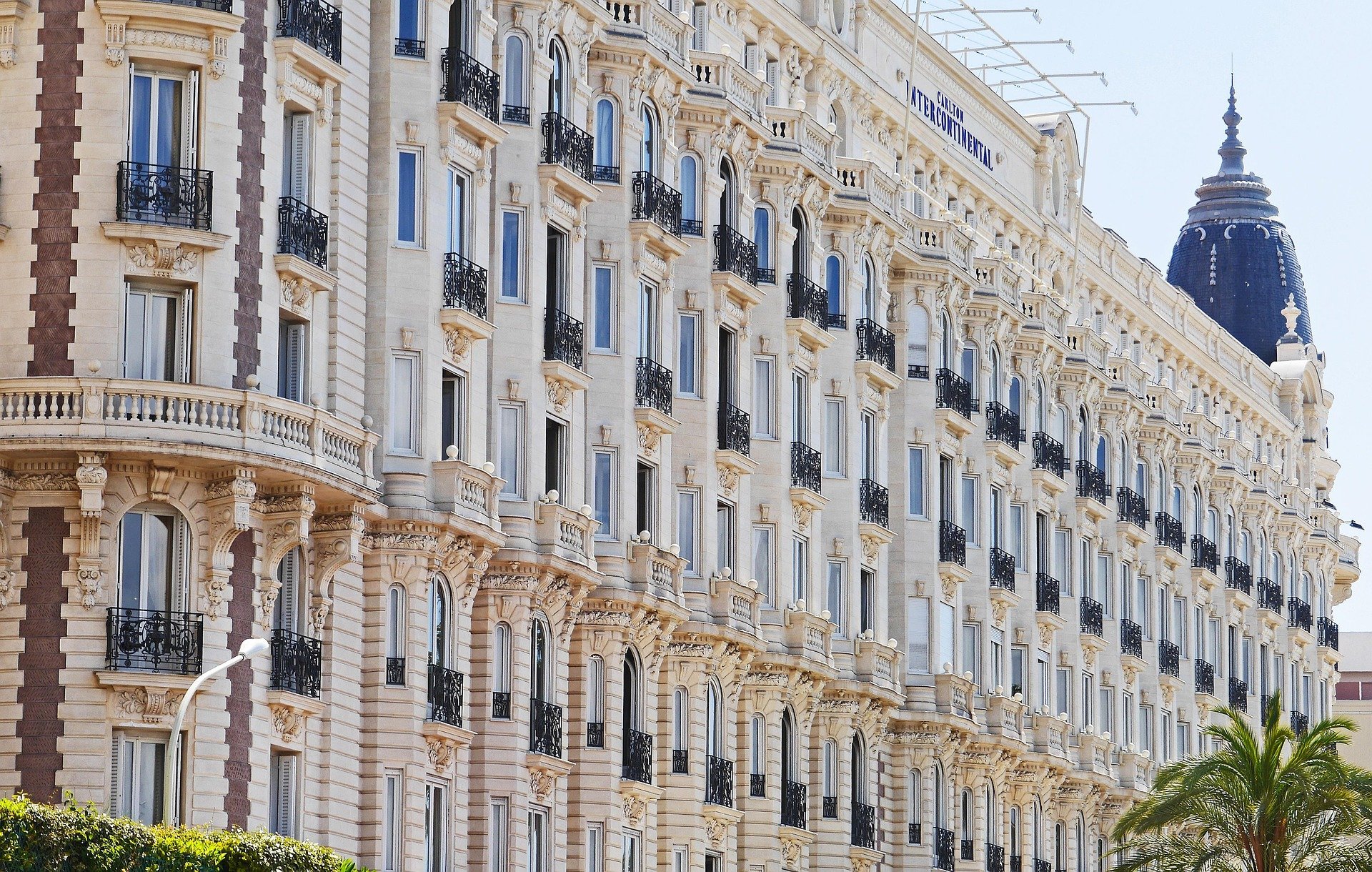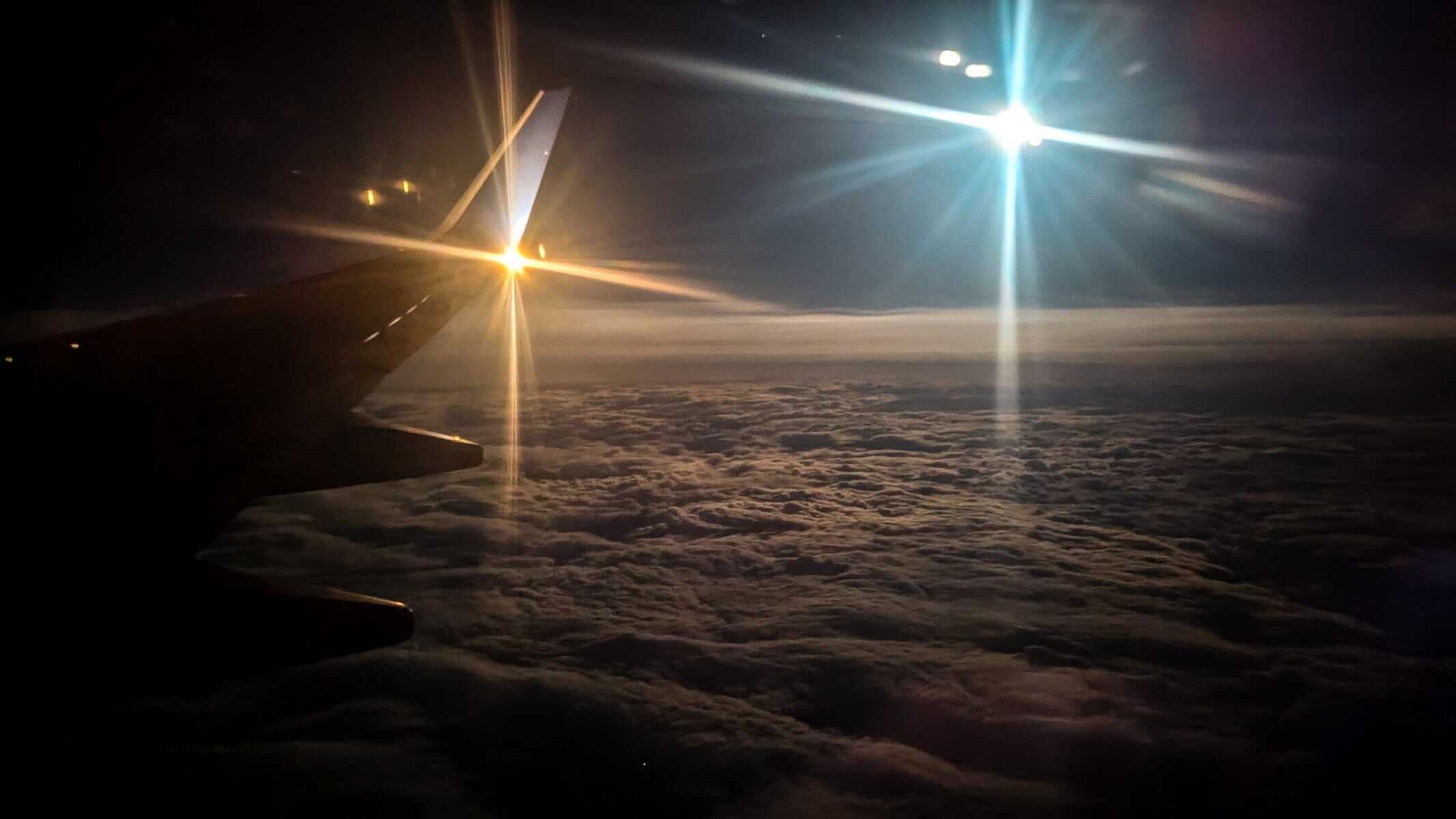Planning a trip involves much more than just picking a destination. Timing your bookings correctly can save you hundreds of dollars and ensure you get the experiences you want.
This comprehensive guide breaks down exactly when you should book each component of your travel to maximize savings and minimize stress.
Start With the Essentials: Documents and Protection First
Before diving into flights and hotels, secure your travel foundations. Check your passport expiration date. Many countries require at least six months of validity remaining. Research visa requirements well in advance, as some can take weeks or months to process. For comprehensive visa information and assistance with electronic visas and travel authorizations, HandyVisas provides up-to-date entry requirements and streamlined online application processes for destinations worldwide.
Travel insurance is your safety net. Purchase it as soon as you book any non-refundable travel expenses, ideally within 15 days of your initial booking. Early purchase unlocks maximum coverage benefits, often including trip cancellation protection from the moment you buy. Policies purchased later may exclude coverage for events that occur between booking and insurance purchase.
For specialized coverage like “Cancel For Any Reason” benefits or pre-existing medical condition waivers, most insurers require purchase within 14-21 days of your initial trip deposit. Travel insurance can be booked up to 18 months in advance for single trips, with coverage beginning immediately upon purchase.
Read as well our guide: How to Choose the Right Travel Insurance

Flight Booking Strategy: Timing Is Everything
Domestic Flights
Sweet spot: 28-42 days before departure
Recent data shows the optimal booking window for domestic US flights has settled around 28-42 days in advance. CheapAir’s 2024 analysis of 917 million fares found 42 days offered the best average prices, while Expedia suggests 28 days can save up to 24% compared to last-minute bookings.
The prime booking window typically spans 21-74 days before departure, with fares changing an average of 49 times between release and takeoff. This volatility makes fare tracking essential. Set up price alerts through Google Flights or airline apps to catch sudden drops.
International Flights
Book early: 50-320 days ahead
International flight booking has become more complex, with optimal timing varying dramatically by destination. For Europe, the ideal booking window has shifted from 45 days in 2023 to an extraordinary 320 days in advance for 2024, likely due to events like the Olympics and increased post-pandemic demand.
Other international destinations show more moderate requirements:
- Caribbean: 29 days (down from 56 days in 2023)
- Asia: 71 days (reduced from 144 days in 2023)
- South America: Similar to Asia, around 60-90 days
- Canada: Book closer to departure, around 30-45 days
Google Flights data suggests booking international flights 101 days before departure on average, with the historical low price range starting 50+ days out.

Day of the Week Matters
Best booking day: Sunday
Expedia’s research shows Sunday bookings save an average of 17% compared to Friday bookings. The old “Tuesday rule” has lost relevance, with recent studies showing only 1.6% of routes benefit from Tuesday booking, yielding minimal 6% savings.
Best departure days: Tuesday, Wednesday, Thursday
Flying mid-week saves an average of 12-18% compared to weekend departures. Summer domestic flights show particularly strong savings when departing Tuesday through Thursday.
Hotel Booking: Flexibility Wins
Booking Timeline
Domestic hotels: 15-30 days ahead
Unlike flights, hotels benefit from later booking. KAYAK data reveals that booking too far in advance often results in higher prices due to dynamic pricing models. The optimal window for domestic hotels falls 15-30 days before check-in, with some properties offering last-minute deals within a week of arrival.
International hotels: 2-4 months for peak periods
For high-demand destinations and peak travel seasons, book 2-4 months ahead. Popular cities like Paris, Tokyo, and New York require earlier booking, especially during festivals, holidays, or major events.
Best Days to Book and Stay
Best booking day: Friday for domestic, Thursday for international
Skyscanner’s 2023 data shows Friday bookings save 2% on domestic hotels, while Thursday bookings save 6% on international properties. However, KAYAK’s 2024 analysis suggests these savings are marginal.
Cheapest check-in day: Sunday
Sunday check-ins can be up to 24% cheaper than Friday arrivals, as business travelers depart and weekend tourists head home. For international stays, Tuesday check-ins offer the best rates.
Seasonal Considerations
Hotel prices fluctuate dramatically based on local events and seasons. Research destination-specific peak periods—for instance, European beach destinations peak in July-August, while tropical locations may be most expensive during dry seasons.
Consider shoulder seasons (just before or after peak times) for significant savings, often 30-50% less than peak rates while still offering good weather and fewer crowds.

Activities and Attractions: Plan Ahead for Peace of Mind
Museums and Cultural Sites
Book major attractions immediately after travel dates are confirmed
Popular museums and monuments increasingly use timed-entry systems to manage crowds. The Louvre, for instance, should be booked as early as possible, especially for morning time slots that offer smaller crowds and better photo opportunities.
For world-famous sites during peak season:
- Immediately: Iconic attractions like the Louvre, Vatican Museums, Sagrada Familia, Anne Frank House…
- 2-4 months ahead: Major museums during summer or school holidays
- 1-2 weeks ahead: Most regional museums and smaller attractions
Many museums offer dynamic pricing with cheaper rates for less popular time slots. Book early morning or late afternoon visits for both better prices and smaller crowds.
Tours and Experiences
Popular tours, especially small-group experiences, food tours, and adventure activities, often sell out weeks in advance during peak seasons. Book unique experiences immediately after confirming your travel dates.
Consider purchasing city museum passes or attraction cards, but remember you’ll still need to reserve specific time slots even with these passes.

Budget vs. Luxury: Strategic Timing Differences
Budget Travel Booking Strategy
- Flights: Use error fares and flash sales; be flexible with dates
- Hotels: Book hostels and budget chains 2-4 weeks ahead; consider last-minute deals
- Activities: Look for free walking tours and municipal museums
Luxury Travel Booking Strategy
- Flights: Book premium cabin seats 3-6 months ahead for best availability
- Hotels: Luxury properties require 2-6 months advance booking for prime rooms
- Activities: Private tours and high-end experiences book months in advance
Special Circumstances and Pro Tips
Peak Season Booking (Summer, Holidays, Major Events)
- Flights: 4-6 months ahead minimum
- Hotels: 6+ months for major destinations
- Activities: Book immediately after travel dates confirmed
Last-Minute Travel
If flexibility is your priority, consider:
- Tuesday-Thursday departures for better last-minute flight deals
- Hotel apps with same-day deals
- Package deals that combine flight and hotel for savings
Group Travel
Large groups (8+ people) require earlier booking across all categories:
- Families: Add 1-2 months to standard recommendations
- Large groups: Book 6+ months ahead for coordinated travel
Red Flags to Avoid
Don’t wait if:
- Traveling during major holidays or events
- Visiting destinations with limited accommodation options
- Planning once-in-a-lifetime experiences
- Traveling with inflexible dates
- Booking for large groups
Be cautious of:
- Booking flights more than 11 months in advance (airlines may not have released schedules)
- Assuming weekend bookings always cost more (this varies by destination)
- Ignoring cancellation policies when booking early
- Booking vacation rentals without reading recent reviews
Your Action Plan
- Secure documents and insurance (as soon as trip is planned – check here)
- Book flights (28-42 days domestic, 50-320 days international)
- Reserve major attractions (immediately after flights confirmed)
- Book accommodations (15-30 days domestic, 2-4 months international peak season)
- Arrange transportation and smaller activities (2-4 weeks before travel)
Remember, these guidelines represent averages based on extensive data analysis. Your specific situation (destination popularity, travel dates, group size, and flexibility) will influence the optimal timing. The key is starting your research early while maintaining the flexibility to book when prices drop or availability becomes limited.
Set up price alerts, monitor multiple booking platforms, and don’t hesitate to book when you find a good deal that meets your needs.
In today’s dynamic travel market, hesitation often costs more than early commitment.




